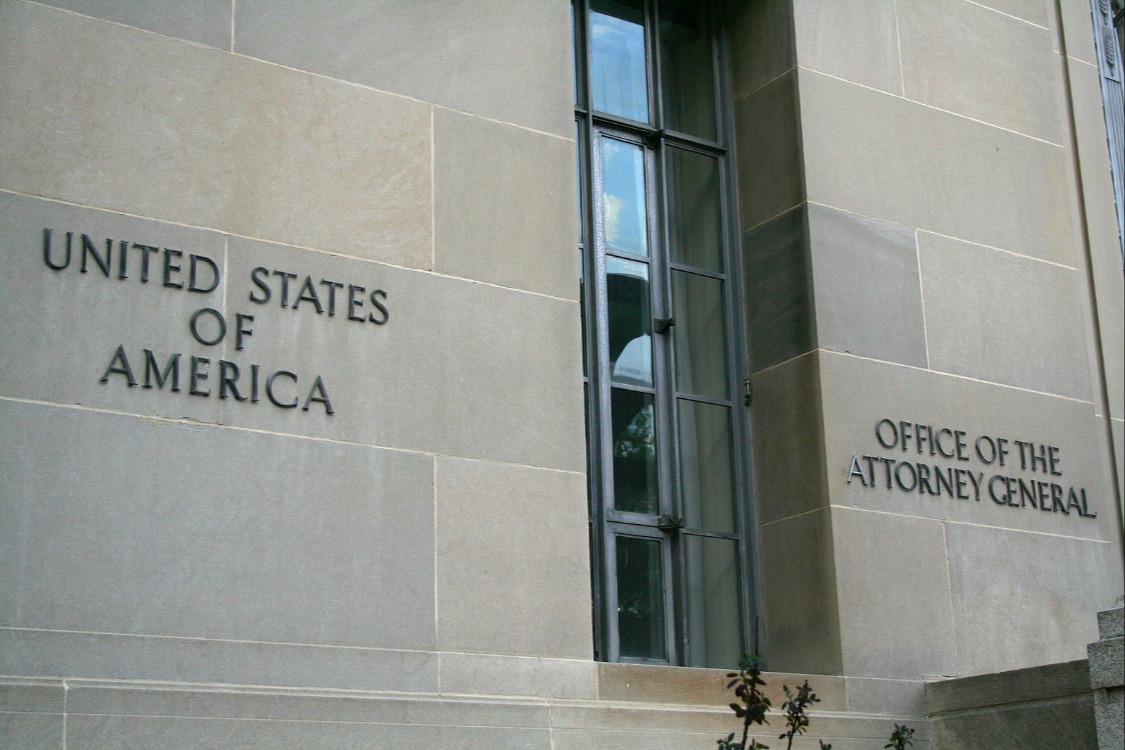Shane Harris on "Deep State" and Ragtime
Over at Washingtonian's new Dead Drop blog, Shane Harris has this fascinating piece, mining a just-released book for new information about the NSA's warrantless wiretapping activities.
Over at Washingtonian's new Dead Drop blog, Shane Harris has this fascinating piece, mining a just-released book for new information about the NSA's warrantless wiretapping activities. Here's how it opens:
More than a decade after the 9/11 terrorist attacks, a set of extraordinary and secretive surveillance programs conducted by the National Security Agency has been institutionalized, and they have grown. These special programs are conducted under the code name Ragtime, and are divided into several subcomponents, according to the new book Deep State: Inside the Government Secrecy Industry, by Marc Ambinder and D.B. Grady. (I purchased a copy this morning.) The authors, both journalists who cowrote a previous book about special operations in the military, have dug deep into the code names and operational nitty gritty of the NSA's secretive and hugely controversial surveillance programs, and they've come up with impressive new details. Ragtime, which appears in official reports by the abbreviation RT, consists of four parts. Ragtime-A involves US-based interception of all foreign-to-foreign counterterrorism-related data; Ragtime-B deals with data from foreign governments that transits through the US; Ragtime-C deals with counterproliferation actvities; and then there's Ragtime-P, which will probably be of greatest interest to those who continue to demand more information from the NSA about what it does in the United States. P stands for Patriot Act. Ragtime-P is the remnant of the original President’s Surveillance Program, the name given to so-called "warrantless wiretapping" activities after 9/11, in which one end of a phone call or an e-mail terminated inside the United States. That collection has since been brought under law, but civil liberties groups, journalists, and legal scholars continue to seek more information about what it entailed, who was targeted, and what authorities exist today for domestic intelligence-gathering. Deep State has some answers.
Benjamin Wittes is editor in chief of Lawfare and a Senior Fellow in Governance Studies at the Brookings Institution. He is the author of several books.





